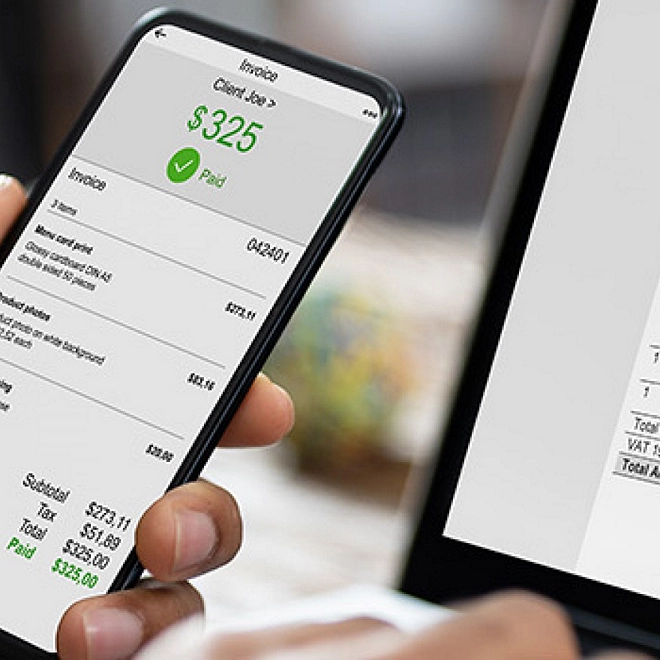New guidance from Inland Revenue on foreign exchange rates
Tax Alert - February 2022
By Veronica Harley & Anna Zhang
In May 2021, the Commissioner of Inland Revenue changed the source from which she obtains the foreign currency exchange rates from Bloomberg to the Reserve Bank of New Zealand. As a result, the number of rates published by the Inland Revenue has decreased. This change prompted Inland Revenue to release a determination FX 21/01 on foreign exchange rates at the end of last year. Deloitte provided a submission on the draft version of the determination during public consultation and we are pleased to see many of Deloitte’s submission points incorporated. Importantly, the final determination clarifies the point that alternative sources of exchange rates can still be used subject to keeping appropriate records and so acknowledges the reality of modern business practice.
When does the determination apply?
This determination only applies to situations where a foreign currency amount is required to be converted to New Zealand currency (NZD) to calculate a taxpayer’s New Zealand income tax liability, and neither the Income Tax Act 2007 nor the Commissioner has prescribed a currency conversion method or a foreign exchange rate source. For example, the determination does not apply to the financial arrangements rules, foreign investment fund rules, and controlled foreign company rules, as they each have their own specified currency conversion methods and exchange rate sources. Similarly, the Goods and Services Tax Act 1985 generally prescribes that the consideration for a supply should be converted to NZD at the time of supply.
What foreign currency exchange rate sources can be used?
The sources approved under this determination are the rates published on the Inland Revenue website, the Reserve Bank of New Zealand, as well as rates provided by another country’s central bank. Nevertheless, Inland Revenue is aware that there are reasons, such as long-established practices, integration with accounting software or the need to reduce compliance costs, where taxpayers may still prefer to choose their own rate sources and methods of conversion. In this case, taxpayers need to ensure the rate they use is appropriate given the nature of the transaction. The source of the rates used must be consistent over time. If a source is changed, records must be kept to show why a change in rate has been made.
What currency conversion methods can be used?
Daily rates published by the above mentioned sources are approved where a rate is required for a particular day. If the date is falls on a weekend, the daily rate for the preceding day can be used. Any timing mismatches resulting from different time zones will be disregarded.
The determination also approves the mid-month rate, the end-of-month rate, and the rolling average rate as additional conversion methods, where the sources above are used. Where foreign income is derived and foreign expenditure is incurred regularly throughout a period, using mid-month, end-of-month or rolling average rates is likely to be appropriate. However, significant, and one-off transactions should be converted at a daily rate.
Because there are less currencies quoted by the Reserve Bank, the statement provides guidance on how to find a rate (e.g. calculating a cross-rate). The other point to note is the level of accuracy required under this determination in that rates should be calculated to the nearest 4th decimal place.
February 2022 Tax Alerts
- Isolating staff drive entitlements for Leave Support Scheme and Short-Term Absence Payment
- Are you remote working in New Zealand for a foreign employer? Inland Revenue’s finalised view
- Tax fact or fiction?
- Navigating the world of non-cash dividends
- New guidance from Inland Revenue on foreign exchange rates
- Charities and Donee organisations
- When is interest not interest but is income?
- New Regional Comprehensive Economic Partnership takes effect
- Hybrids rules and BEPS disclosures for 2021 tax returns: understanding your obligations
- Snapshot of recent developments




